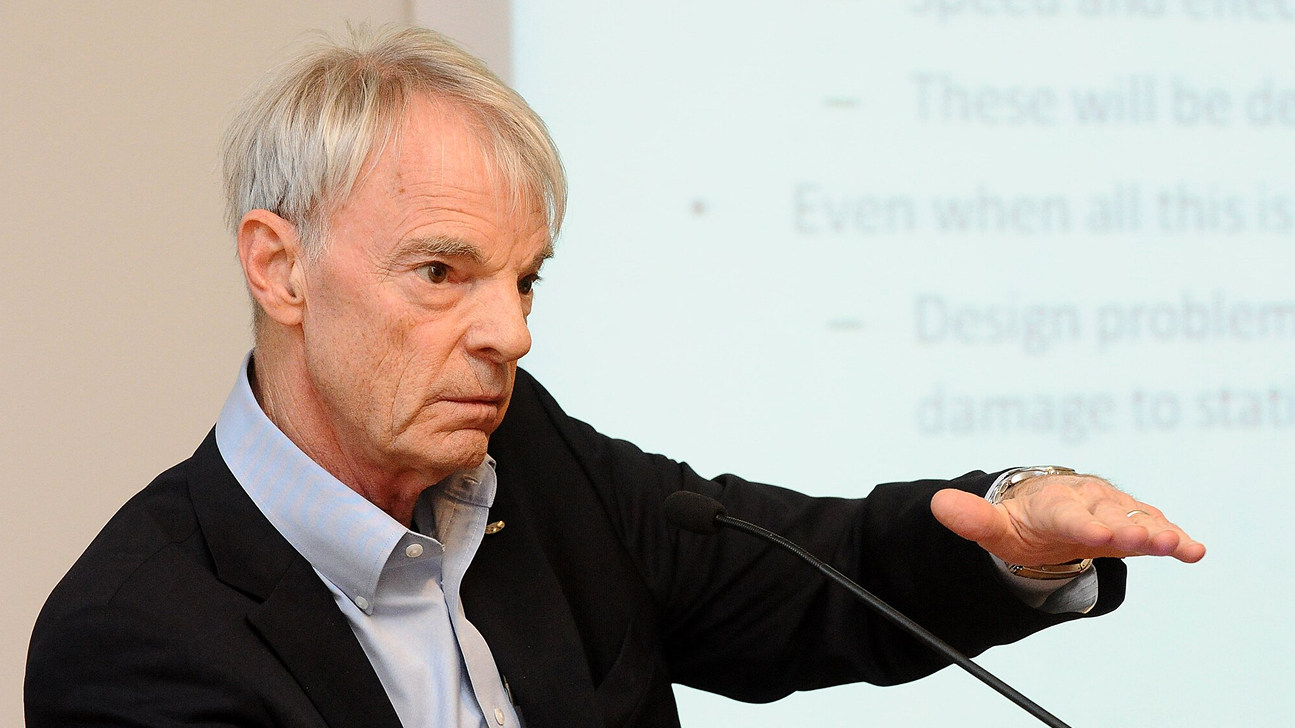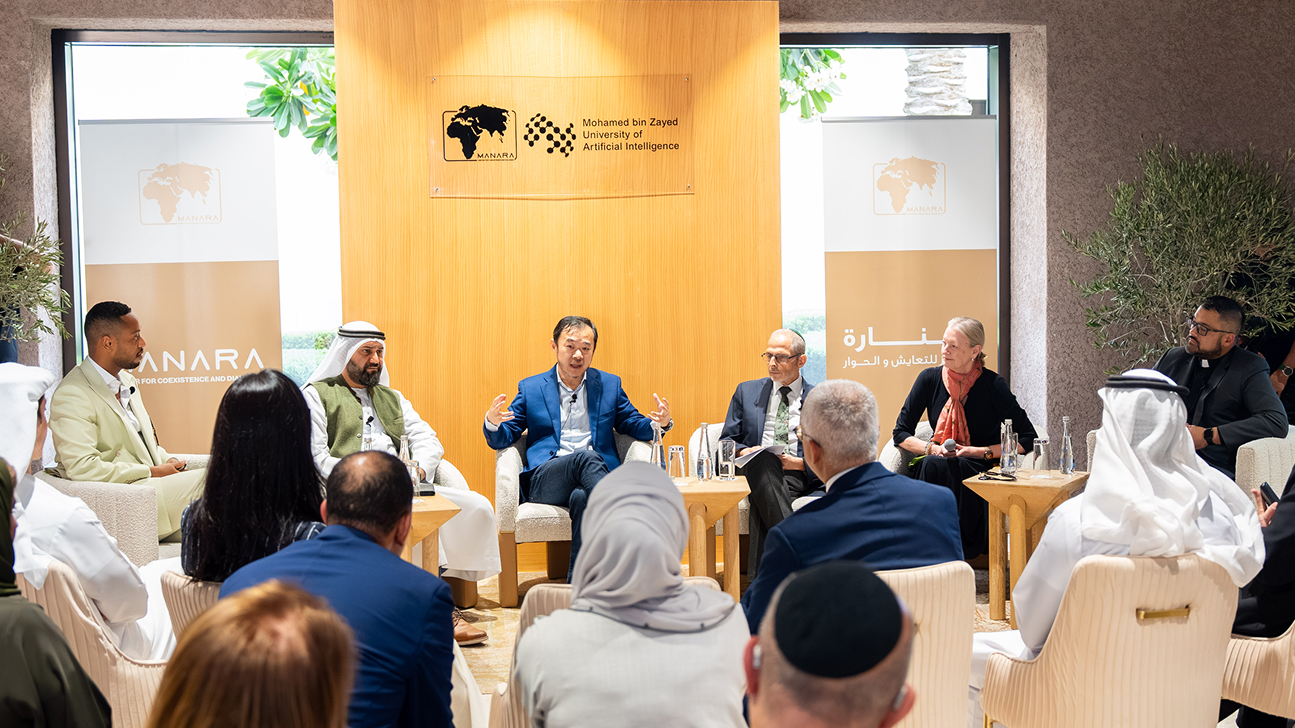Intelligence Autonomy via Lifelong Learning AI
Tuesday, March 15, 2022
Intelligent systems embedded in the real world, such as in satellites, robots, and small medical devices, must continue working and make fast, safe decisions even when communication is limited, when the environment changes, or when there is minimal power available. To date, such far computing has no real adaptivity – rather the AI it trained at the cloud in advance, typically on a large dataset. Once fielded, the AI is frozen: It is unable to use its experience to improve its expertise, and worse, since datasets cannot cover all possible real-world situations, systems with such frozen intelligent control are likely to fail. Lifelong learning is the cutting edge of artificial intelligence – encompassing computational methods that allow systems to learn in runtime and incorporate learning for application in new, unanticipated situations. Until recently, this sort of computation has been found exclusively in nature; thus, lifelong learning looks to nature for its underlying principles and mechanisms and then transfer them to this new technology. We will discuss methods for achieving lifelong learning AI. Looking at biology we will consider ways in which the brain abstracts and generalizes, and propose ways of intelligent human-AI interactions, which empower both the human and the system. We will end by mentioning foundational studies to enable such advanced systems to minimize power usage, size and weight and thus be applicable for far edge computing.
Speaker/s
Professor Hava Siegelmann is an internationally known professor of computer science and a recognized expert in neural networks. She is a core member of the Neuroscience and Behavior Program, and director of the Biologically Inspired Neural and Dynamical Systems (BINDS) Laboratory at the University of Massachusetts. She is particularly known for her groundbreaking work in computing beyond the Turing limit, and for achieving advanced learning capabilities through a new type of artificial intelligence: lifelong learning. Siegelmann conducts highly interdisciplinary research in next generation machine learning, neural networks, intelligent machine-human collaboration, computational studies of the brain - with application to AI, data science and high-tech industry. She is a leader in increasing awareness of ethical AI and in supporting minorities and women in AI and STEM fields all over the world. Siegelmann has been a visiting professor at MIT, Harvard University, the Weizmann Institute, ETH, the Salk Institute, Mathematical Science Research Institute Berkeley, and the Newton Institute Cambridge University. Her list of awards includes the Obama Presidential BRAIN Initiative award, the Donald O. Hebb Award of the International Neural Network Society (INNS) for “contribution to biological learning”; she was named a Distinguished Lecturer of the IEEE Computational Intelligence Society. She is a fellow of both the IEEE and the INNS.
- AI Talks ,
Related
Nobel Laureate Michael Spence on how AI is redefining the global economy
Nobel Prize-winning economist Michael Spence explains how AI is reshaping the economic landscape and what is needed.....
- digital policy ,
- governance ,
- Nobel Prize ,
- guest talk ,
- guest lecture ,
- economics ,
- Economy ,
- Undergraduate ,
Understanding faith in the age of AI
MBZUAI hosted a panel discussion in collaboration with the Manara Center for Coexistence and Dialogue focused on.....
- connection ,
- discussion ,
- religion ,
- spirituality ,
- faith ,
- conversation ,
- panel ,
- Human–computer interaction ,

